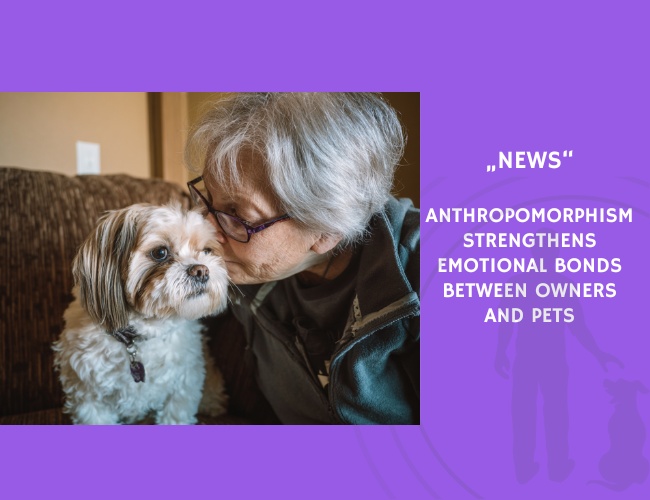Researchers Esther M. C. Bouma, André Dijkstra, and Sarah A. Rosa investigated how anthropomorphic perceptions among Dutch dog and cat owners relate to relationship behaviors and feelings of social support. Drawing on responses from a mixed sample, the team found that the more owners perceived their pet as mentally similar to a human, the more they engaged in “making-up” behaviors—such as apologizing to or consoling the pet after a conflict—and reported emotional support from their animal companion.
Interestingly, the study found that while anthropomorphizing pets strengthened certain types of interaction, such as making-up behaviors and perceived social support, it was not required for common affectionate actions like talking, kissing, or petting. This distinction suggests that everyday affectionate interactions may be habitual or cultural, rather than necessarily rooted in anthropomorphic beliefs.
Dog owners anthropomorphized their pets significantly more than cat owners. Researchers attribute this to a possible higher degree of social behavior symmetry between humans and dogs, such as mutual gaze or cooperative communication, which is less commonly observed in cats. Moreover, the emotional and social roles assigned to the pet—like being considered a friend or family member—helped mediate the link between anthropomorphism and both relationship behaviors and perceived support. This mediation was found to be stronger in cat owners than in dog owners.
The team also introduced a new “comparative anthropomorphism” measure, which outperformed traditional tools like the IDAQ (Individual Differences in Anthropomorphism Questionnaire) in predicting owner behavior and relationship outcomes.
This study highlights the psychological processes underlying the human–animal bond and suggests that viewing pets as emotionally capable partners may deepen the connection and support humans derive from these relationships.
Source: Esther M. C. Bouma, André Dijkstra, Sarah A. Rosa (2023). “Owner’s Anthropomorphic Perceptions of Cats’ and Dogs’ Abilities Are Related to the Social Role of Pets, Owners’ Relationship Behaviors, and Social Support.” Animals, 13. https://doi.org/10.3390/ani13233654










